Loki season 2 ending explained: is Loki [SPOILER], is there a post-credits scene, and your biggest questions answered
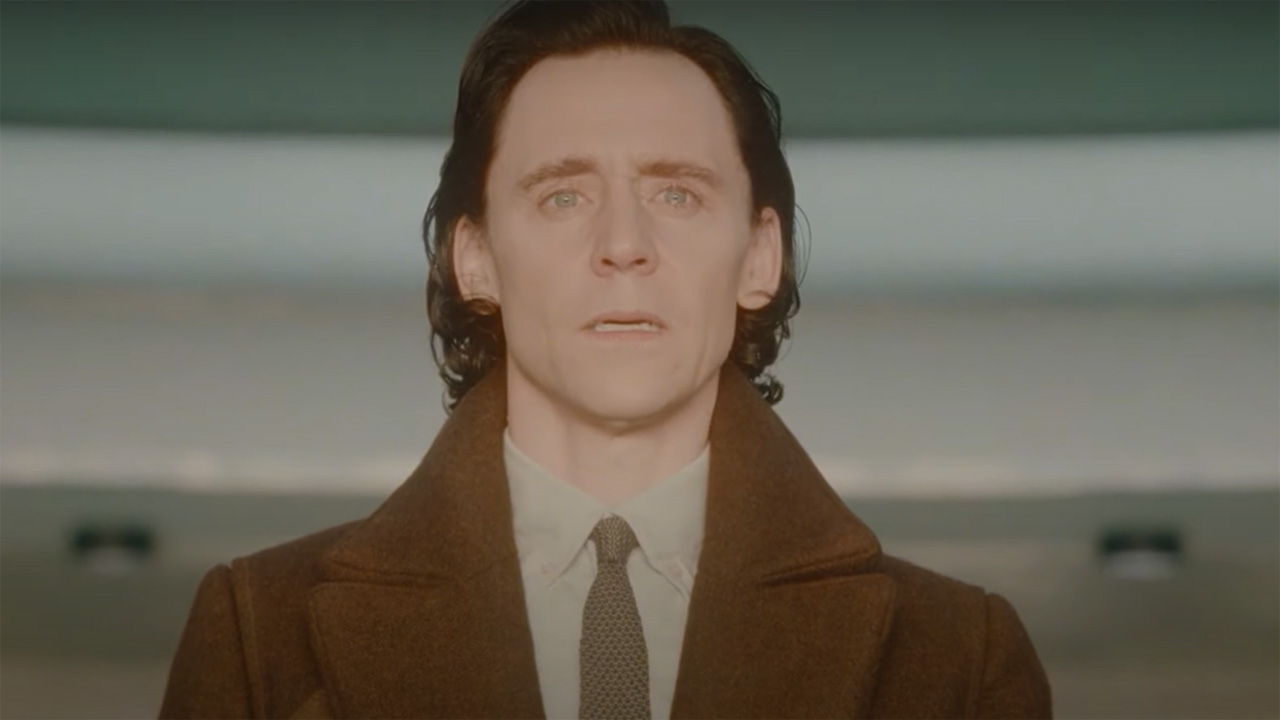
Sign up for breaking news, reviews, opinion, top tech deals, and more.
You are now subscribed
Your newsletter sign-up was successful
The Loki season 2 finale has been released – and, without wanting to sound hyperbolic, it might be the best Marvel TV episode ever made.
We're not exaggerating. The Marvel Phase 5 project's final entry, titled 'Glorious Purpose' – coincidentally, that's the title of Loki's very first episode, too – is a 10 out of 10 installment that doesn't just end the Marvel TV show finale curse, but also completely flips the Marvel Cinematic Universe (MCU) on its head.
There's plenty for us to wax lyrical about concerning Loki season 2 episode 6, but we know you're here for one thing only: getting your biggest questions answered after that barnstorming, mind-bending, and bittersweet entry. Below, we'll try and provide as many answers as we can, including whether there's a post-credits scene, if a third season will happen, and what Loki's new role in the Marvel multiverse might be.
It goes without saying, but full spoilers follow for Loki season 2's finale. Do not read past this point – we cannot express that enough – if you haven't watched it yet.
Loki season 2 ending explained: is Loki the new God of Time?
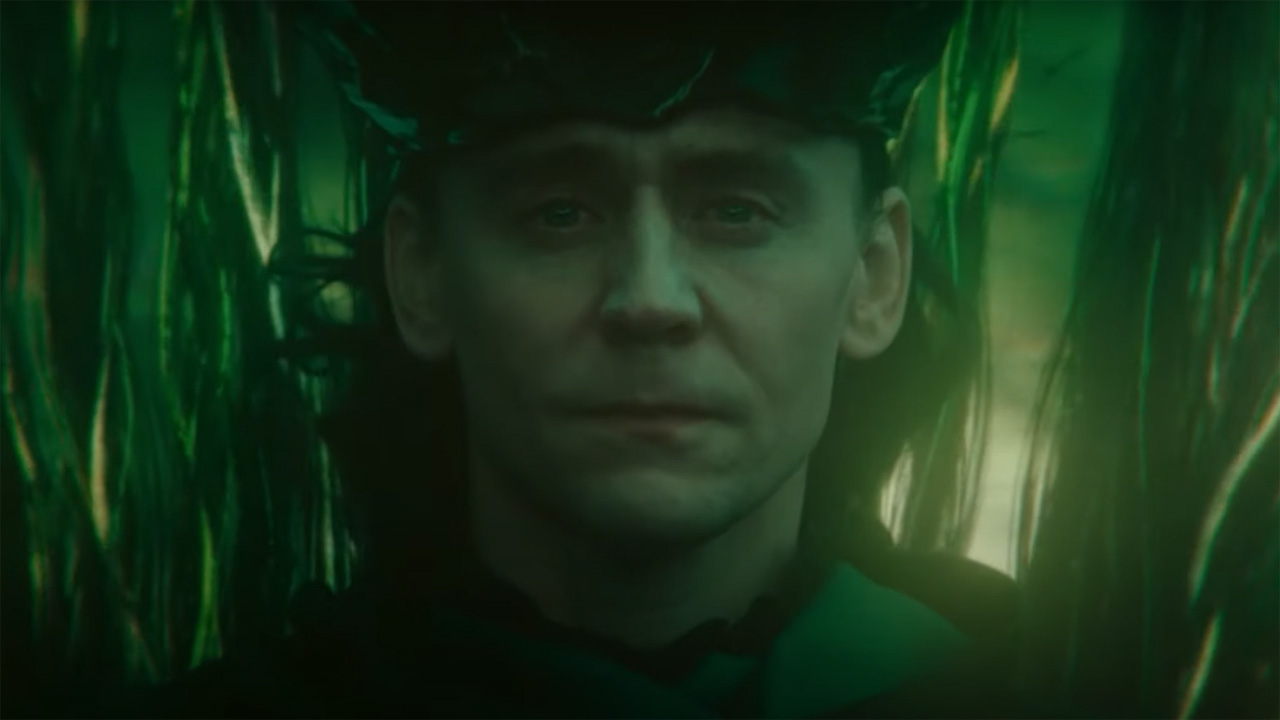
Yes. The God of Mischief is dead; long live the God of Time.
After spending season 2's first five episodes (and the first 15 minutes of episode 6) trying to save the Time Variance Authority (TVA), the MCU's infinite number of timelines, and his friends, Loki – with a little help from the surprising return of He Who Remains – realizes that his endeavor is all for nothing.
He Who Remains points out that the Temporal Loom, the TVA device that maintains the integrity of the so-called Sacred Timeline, is a fail-safe contraption. It's designed to implode if the Sacred Timeline is threatened, whether that's by too many timelines trying to be woven together or another external force. That's what happened in 'Heart of the TVA', season 2's fourth episode, which you can read more about that in our Loki season 2 episode 4 ending explained article.
Sign up for breaking news, reviews, opinion, top tech deals, and more.
Loki and his TVA allies, then, can't stop the Loom from being destroyed – and wiping out everything in existence in the process – if they continue to try and keep every timeline alive. The only other option to prevent the Loom's collapse, He Who Remains explains, is to continue on as normal. That means Loki must kill his variant Sylvie, which means she wouldn't murder He Who Remains in Loki episode 6 and cause an infinite number of timelines to branch off from the Sacred Timeline. Killing Sylvie means He Who Remains can continue to oversee the Sacred Timeline, maintain the stability of the Loom (through the TVA's workforce), and prevent new timelines from growing.
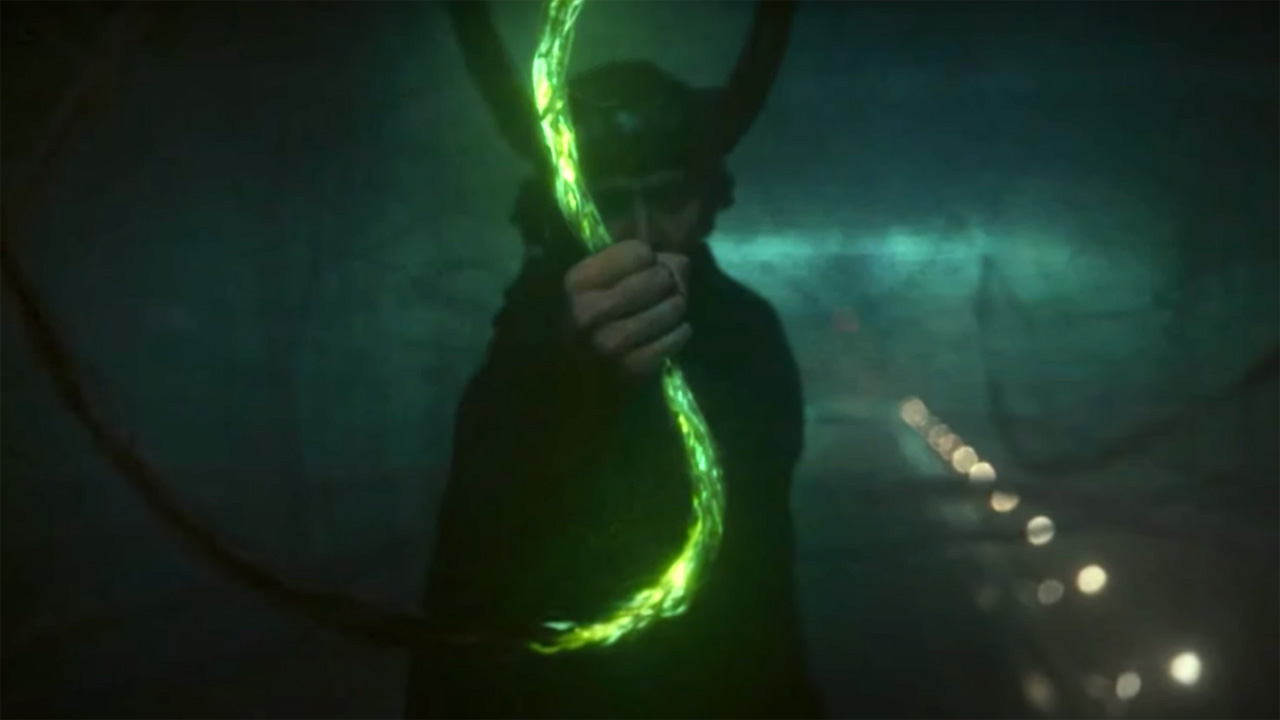
Or so He Who Remains thinks. Using his time-slipping ability, which he learned to control in Loki season 2 episode 5, Loki travels back to various points in the TV show's first and second seasons to seek advice from his friends about what to do next. Soon, he realizes that he needs to sacrifice himself for the greater good, but that doesn't mean he has to die to save everything else.
Telling his friends he knows what kind of god he has to be, Loki steps out onto the walkway to the Loom. He uses his magic to create a new Asgardian costume – complete with his iconic horned crown – before using his powers to destroy the Loom. Then, Loki begins grabbing various timelines with his hands, imbues them with magic to restart them, bundles them together, and heads for the Citadel at the End of Time.
Here, he creates a new Citadel – more on this in a moment – and throne on which he takes his place as the new God of Time, where he'll *ahem* remain for eternity to maintain the stability of every single timeline using his superpowers. After all this time, Loki has become a king – it's just not the role he imagined all the way back in 2011's Thor.
Loki season 2 ending explained: what is Yggdrasil, the world tree that Loki creates?
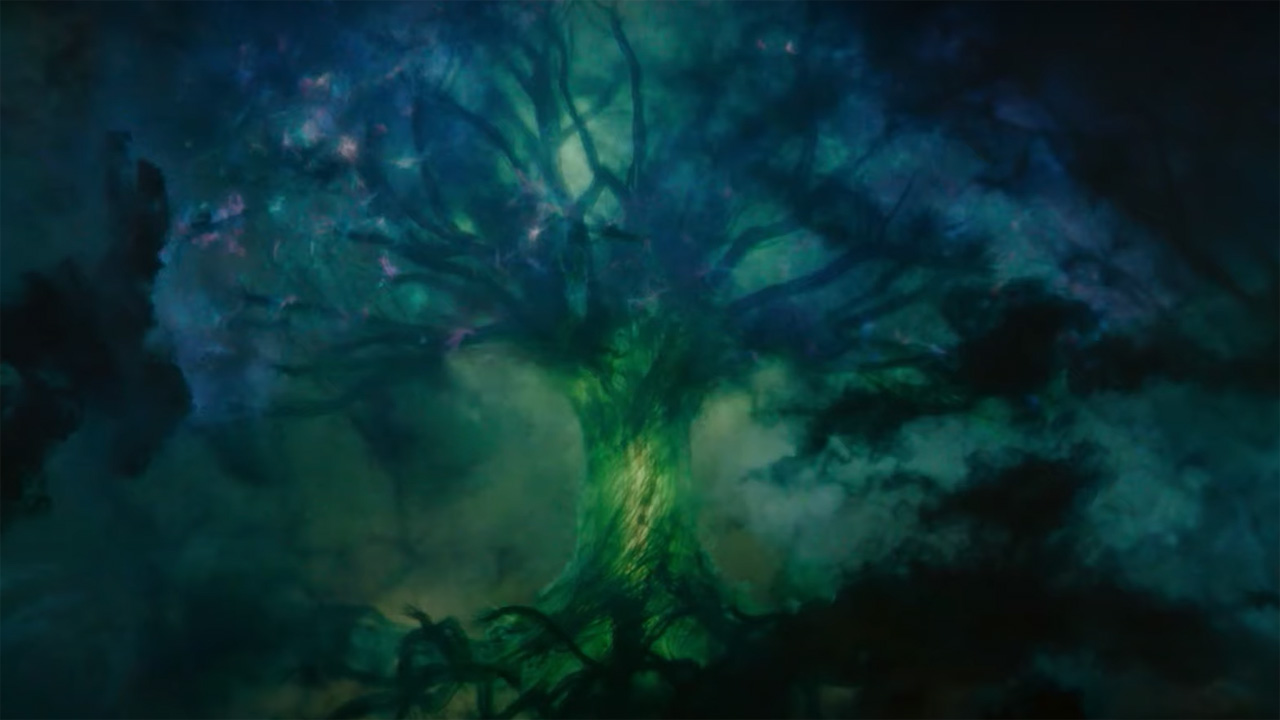
When He Who Remains lauded it over the Sacred Timeline, he created the Citadel at the End of Time to pull the MCU's strings in secret. Think of him as the titular Wizard of Oz in that legendary story; a puppeteer who maintains sole control of everything he's created.
With Loki becoming the MCU's (or should that be Marvel Cinematic Multiverse now?) God of Time 2.0, he demolishes the Citadel to make way for a new safe haven. Poignantly, he models it after Yggdrasil, perhaps the most important and holy object in Norse mythology (which Thor, Loki, and everything to do with Asgard in Marvel history are based on).
So, what is Yggdrasil? Essentially, it's the World Tree, a sacred and evergreen tree that acts as the central hub for the nine realms is Norse cosmology. It's here where all life in Norse mythos is created and maintained, so it's extremely fitting that Loki creates his own Yggdrasil to bind the MCU's infinite number of timelines together to a) maintain a sense of order and b) keep them all alive. It's even more touching when you consider that Loki always saw himself as an outsider among his Asgardian peers, too. Indeed, we imagine his use of this symbol, as a way of saving the timelines, would make Thor and his father Odin proud.
Interestingly, Yggdrasil is also associated with death in Norse mythology. It's believed to be the source of new life after Ragnarök, aka the Norse equivalent of Doomsday, which we already kind of saw when Asgard was destroyed by Surtur in 2017's Thor: Ragnarok, which is one of the best Marvel movies.
Yggdrasil's appearance in Loki season 2, then, doesn't just symbolize the 'rebirth' of the MCU through Loki's actions. It seems that it's only a matter of time until something else – the Council of Kangs (more on them later) maybe? – threatens the multiverse's existence, potentially resulting in the death of the MCU as we know it. Marvel is playing a very long game with its Multiverse Saga story, and Yggdrasil's arrival might have teased where it'll go after Phase 6.
Loki season 2 ending explained: what happened to Renslayer? Has she been killed by Alioth?
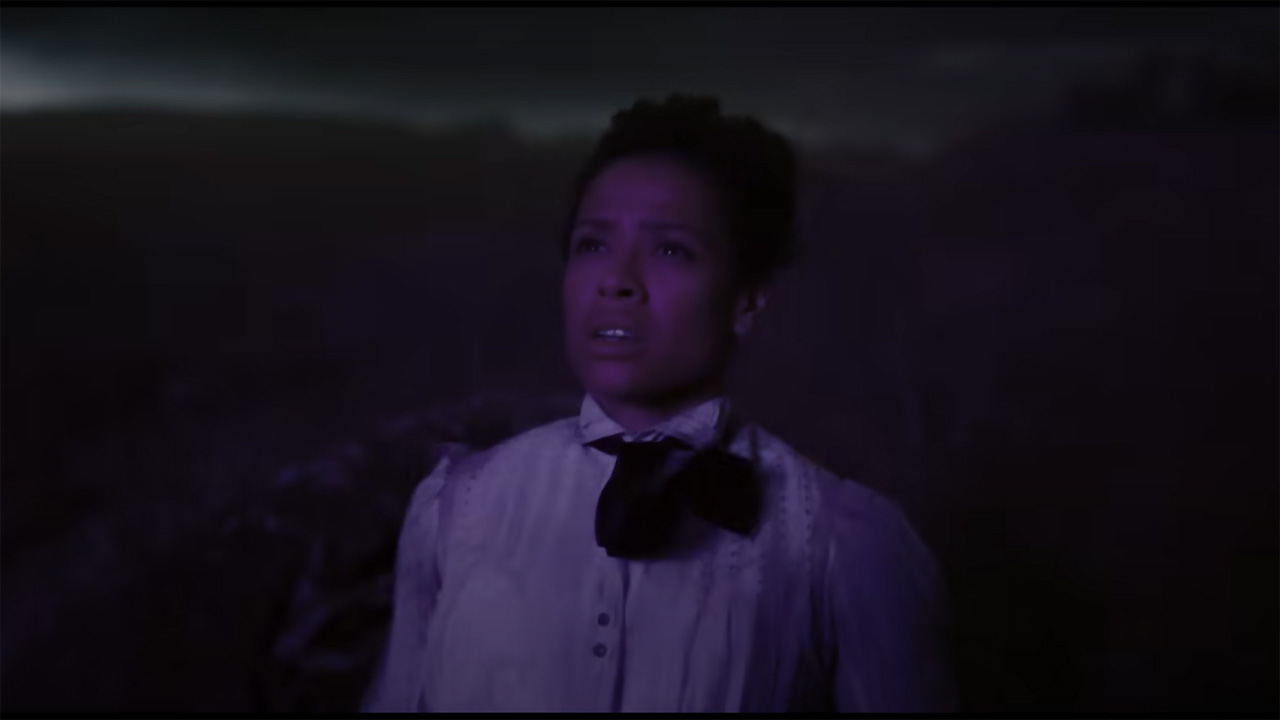
We're not sure. One of the season 2 finale's last scenes revealed that the former TVA judge had been sent to the Void after she was pruned in its fourth episode. As she surveyed her surroundings, Alioth – the Void's big cloud monster created by He Who Remains – appeared on the scene (albeit off-camera) to seemingly end her for good.
Or so we're led to believe. We don't actually see Ravonna Renslayer killed at Alioth's, well, 'hands' – and, honestly, we'd be surprised if she was.
Why? In Marvel comics (and as has been teased in Loki season 2), Renslayer has a very complicated, love-fuelled history with Kang the Conqueror. It's a relationship that the MCU hasn't explored in depth yet, but we think 'Glorious Purpose' has laid the foundations for a bigger study of the duo's on-off partnership.
You see, before Alioth 'appears' in season 2 episode 6, we see Renslayer look over her right shoulder and spot an Egyptian pyramid – and we think this is a highly important tease of things to come. How so? Because one of Kang's many variants is an individual called Rama-Tut.
In the comics, he's another version of Kang, who ruled Egypt as its Pharoah after he found a way to travel back in time. Incidentally, we've already seen Rama-Tut make his MCU debut in one of Ant-Man and the Wasp: Quantumania's post-credits scenes (he's part of the Council of Kangs), so it's possible that the pyramid we see in the Void belongs to him. It could have been pruned by the TVA and He Who Remains at some point to prevent Rama-Tut's timeline branching off from the Sacred Timeline, with the aim of pruning Rama-Tut, too. However, he might have escaped beforehand to join up with his fellow variants, as we see in Ant-Man 3.
Alternatively, the pyramid could be the headquarters of the Council of Kangs. Sure, we see Rama-Tut and his fellow variants in a coliseum-like structure in that Quantumania end credits scene, but it's possible that their real hideout is a pyramid in the place where no one would think to look. It would be a masterstroke if it is, and nobody would be able to locate them and try to stop them from enacting whatever nefarious scheme they're cooking up.
That's where Renslayer comes in. If Alioth realizes that Renslayer is always Kang's lover across the multiverse, it might take her to meet the Council of Kangs at their pyramid HQ. There, she could give them vital intel on what happened at the TVA, which would no doubt aid their cause in restarting the Multiversal War that He Who Remains warned Loki and Sylvie about in season 1. She could even join their cause to seek retribution on those who have wronged her, aka Loki and the TVA, as well.
In short: don't rule Renslayer out as an important cog in the MCU story just yet.
Loki season 2 ending explained: is there an end credits scene?
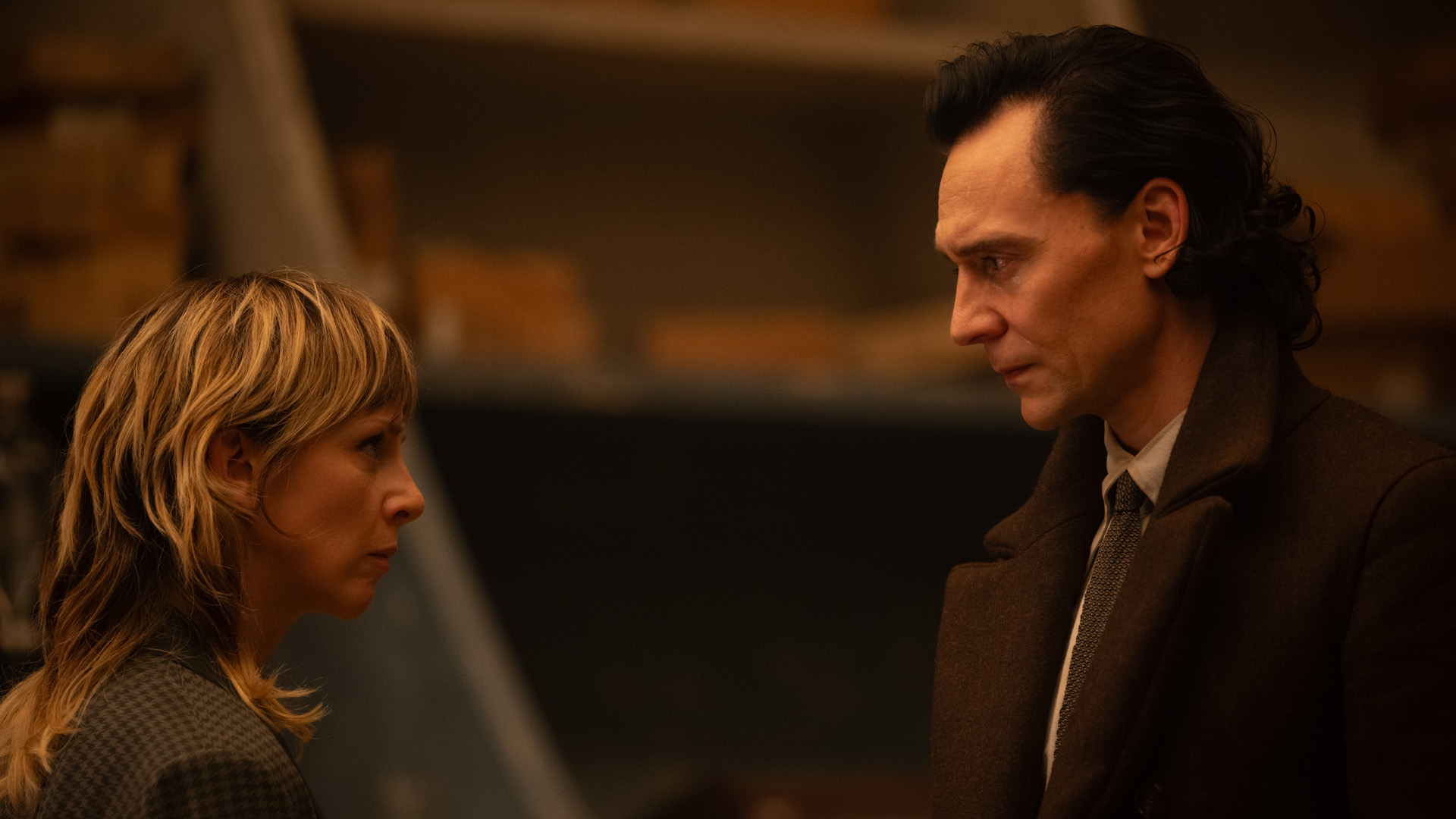
No, there's no reason to stick it out watching Loki season 2's final credits roll, as there's no post-credits scene. You should still watch the credits, though, to symbolically applaud the immense amount of work that its cast and crew put into this amazing season of television. If you're only watching them to get a sneak peek at what's to come in future MCU projects, you'll be sorely disappointed.
Loki season 2 ending explained: will there be a third season?
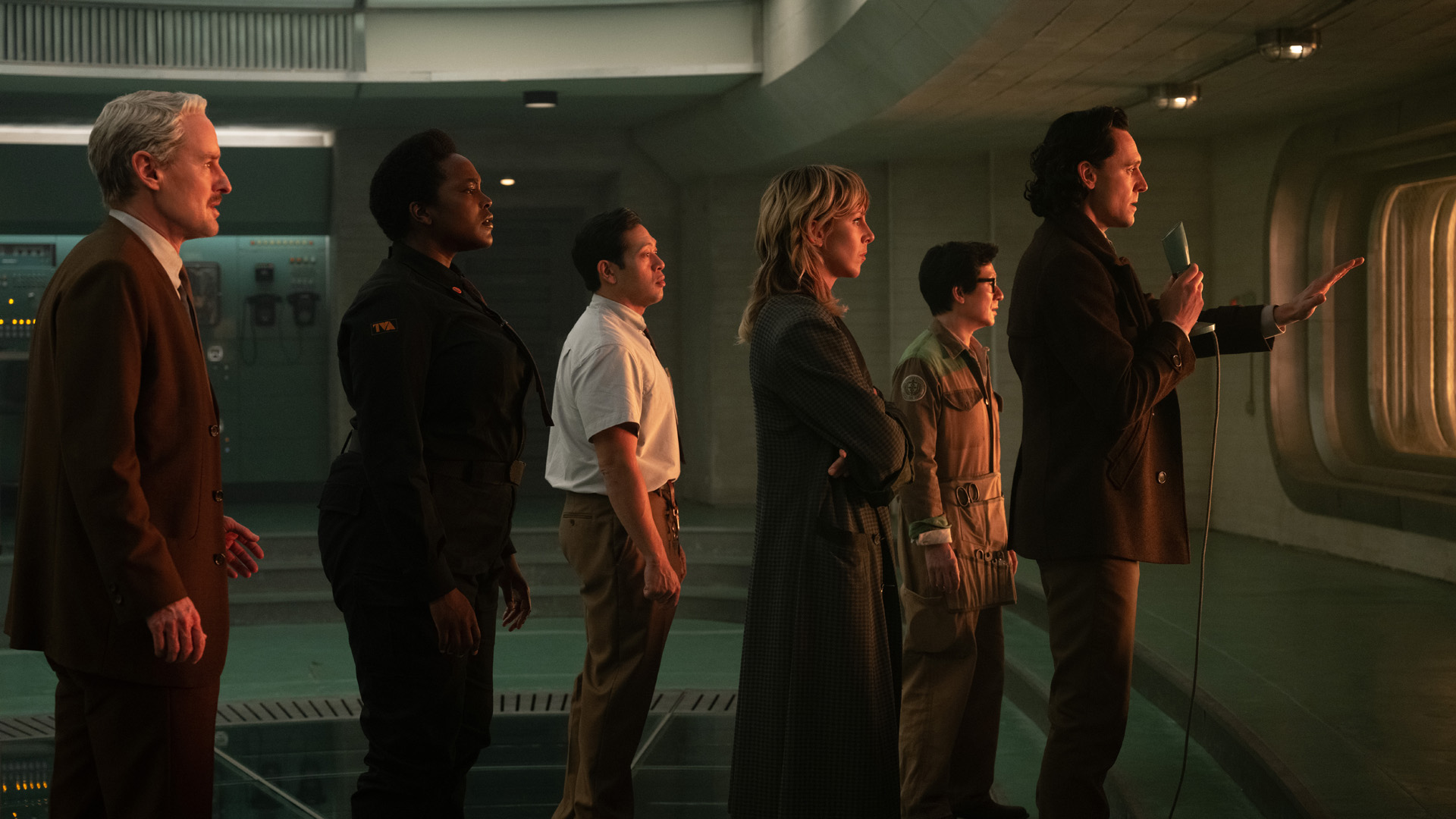
It's highly unlikely. Loki's new role as the God of Time means his story has been told in full, so there isn't a compelling reason for Marvel to renew one of the best Disney Plus shows for another outing.
Indeed, speaking to Collider, executive producer Kevin R. Wright confirmed that "season 1 and season 2 were developed and created as kind of two chapters of the same book". Head writer Eric Martin doubled down on this in a chat with CinemaBlend, saying: "We approached this as like two halves of a book. Season one, first half. Season two, we close the book on Loki and the TVA. Where it goes beyond that, I don't know. I just wanted to tell a full and complete story across those two seasons."
Said another way, Loki seasons 1 and 2 are two halves of the same story, whose end point has now been reached. Unless there's a really, really important reason for a third season, we can't see one being greenlit.
Loki season 2 ending explained: how does it set up future Marvel projects like Deadpool 3?
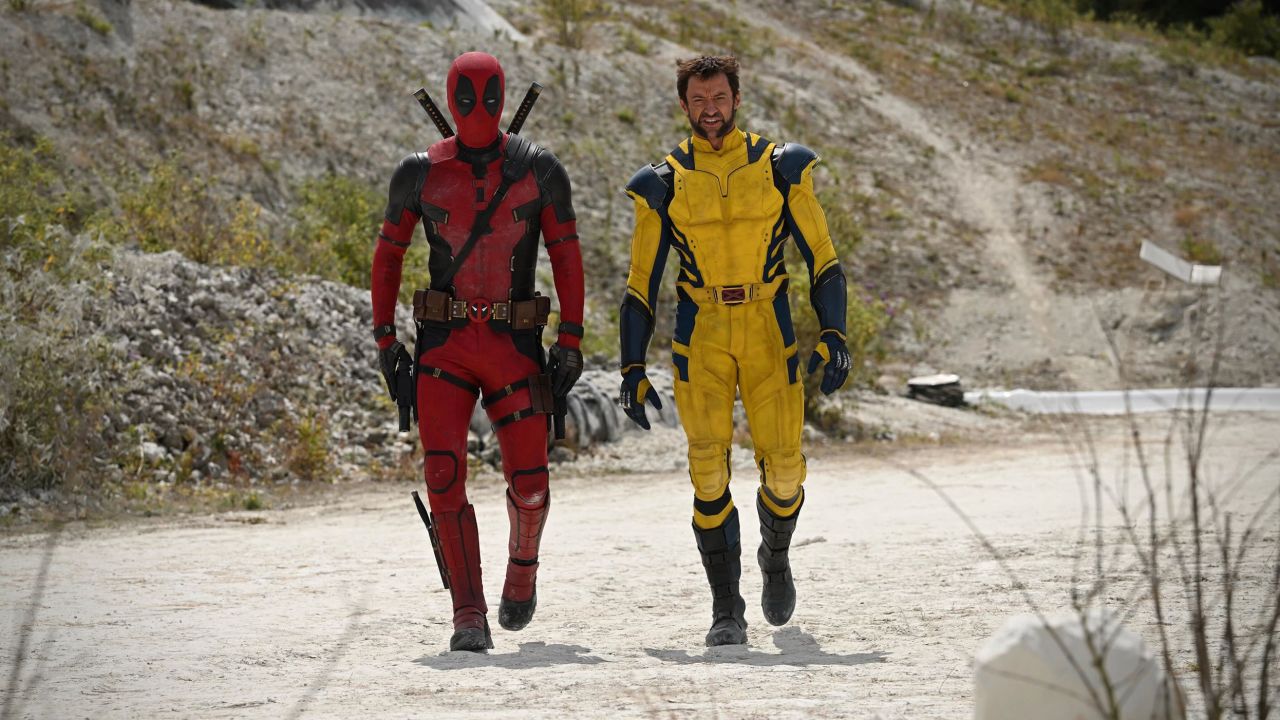
With Loki saving the MCU's infinite amount of timelines, season 2 episode 6 provides some tantalizing clues as to how its ending will impact more Marvel movies and TV shows.
For starters, we expect it'll have some bearing on Deadpool 3, which is the next MCU film set to arrive in theaters. We know that it will star Ryan Reynolds' Merc With a Mouth alongside the returning Hugh Jackman, who'll portray Wolverine for one final time in Deadpool 3. We also know it'll be a movie set across the Marvel multiverse, with industry insiders suggesting it'll take place in the MCU and Fox's defunct X-Men universe. If Marvel aims to bring Deadpool and Wolverine into the MCU during the course of that film, Loki's decision to become the new God of Time and weave these timelines together would allow the duo to cross over into the MCU. If they do, expect the TVA to appear as they try to stop the pair from causing chaos in a timeline they're not supposed to be on.
There are other MCU movies and Disney Plus shows that could affected, too. Without spoiling anything big, The Marvels, one of 2023's new movies that launched in theaters today (November 10), is believed to contain some multiversal elements. What If? season 2 is supposedly arriving on Disney's primary streaming service in time for Christmas, too – and considering that it's a multiverse-led TV show, it might also be impacted by Loki's season 2 finale.
Add in Phase 5 series Daredevil: Born Again, which will apparently make Netflix's Marvel TV universe canon in the MCU, and the next Avengers movies – The Kang Dynasty and Secret Wars – in Marvel Phase 6, and the ripple effects from Loki season 2 will be felt across the MCU for some time. Our guide on how to watch the Marvel movies in order is about to become even more complex.
You might also like
- 'It's systemic': Loki season 2 director speaks up for Marvel's overworked VFX artists
- Deadpool 3 could have major ties to Loki season 2
- Here's when we think The Marvels will come to Disney Plus
As TechRadar's senior entertainment reporter, Tom covers all of the latest movies, TV shows, and streaming service news that you need to know about. You'll regularly find him writing about the Marvel Cinematic Universe, Star Wars, Netflix, Prime Video, Disney Plus, and many other topics of interest.
An NCTJ-accredited journalist, Tom also writes reviews, analytical articles, opinion pieces, and interview-led features on the biggest franchises, actors, directors and other industry leaders. You may see his quotes pop up in the odd official Marvel Studios video, too, such as this Moon Knight TV spot.
Away from work, Tom can be found checking out the latest video games, immersing himself in his favorite sporting pastime of football, reading the many unread books on his shelf, staying fit at the gym, and petting every dog he comes across.
Got a scoop, interesting story, or an intriguing angle on the latest news in entertainment? Feel free to drop him a line.